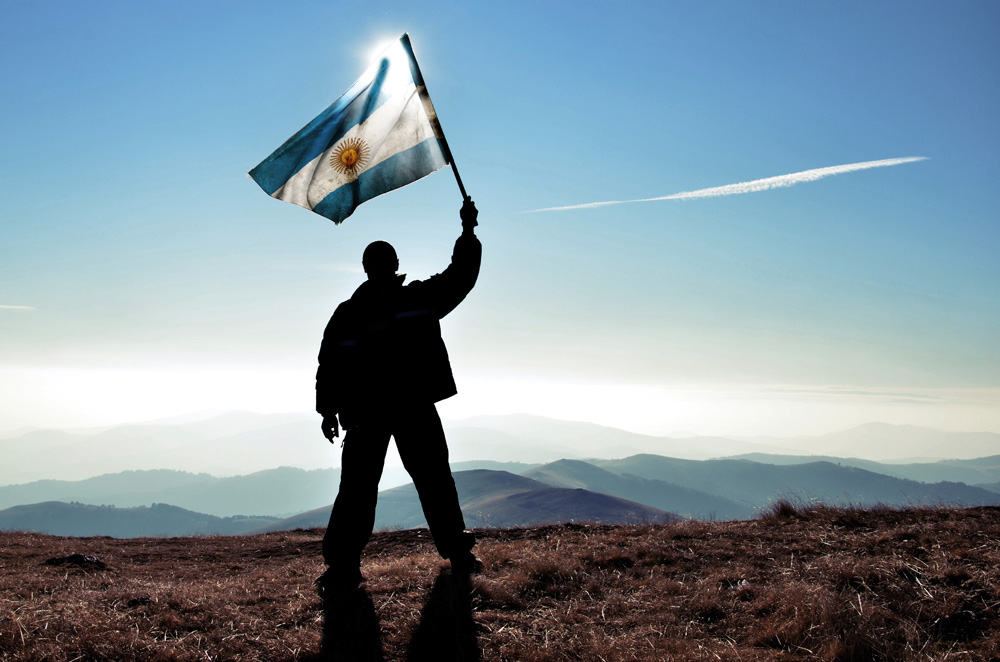 In Argentina, over twelve years of administration by Néstor Kirchner (President, 2003-2007) and then his wife, Cristina Fernández de Kirchner (President, 2007-2015), were marked externally by huge protectionist barriers (from tariffs to non-automatic import licences).
In Argentina, over twelve years of administration by Néstor Kirchner (President, 2003-2007) and then his wife, Cristina Fernández de Kirchner (President, 2007-2015), were marked externally by huge protectionist barriers (from tariffs to non-automatic import licences).
Even Porsche had a tough time importing cars into the country. Starbucks ran out of imported plastic cups and had to source some locally, creating a major PR crisis for the company.
I personally remember a client’s nursery goods samples being stuck at customs for nine months (the average pregnancy length, how ironic) because of a host of inexplicable issues.
Protectionism hasn’t been the worst of all evils, though. The country now faces high inflation, problems with debt restructuring (you probably remember the holdout funds negotiations set to resume February 1, 2016) devaluation, fiscal mismanagement and more.
Misleading statistics (to say the least) haven’t helped, and neither has the reticence of Mrs. Fernández and her staff to cooperate with the incoming team.
On top of that, Argentina lost the World Cup final to Germany in 2014. Clearly, difficult issues to recover from.
A new dawn, a new day
After an undoubtedly tough few years, are things looking slightly brighter now? Late last year, Argentinian voters chose Mauricio Macri as their new president, a much more pro-business character than its two predecessors.
So what has Macri done so far to encourage you to think about doing business with Argentina again? Just three examples will provide a more positive outlook.
First, Macri has scrapped Argentina’s farm exports, something that had caused havoc in the country during the Kirchner area. That’s had a positive worldwide repercussion, for what it means in itself and as a signal.
He has also opened up to a debt deal with the holdout creditors, another hugely positive sign.
Finally, the President has lifted currency controls, a big burden for any international trade and investment.
What also matters is that there is more openness in general, and a much more pro-business environment.
As The New Yorker wisely sums up:
“The new finance minister is a former executive at JPMorgan Chase; the minister of foreign relations is a former C.E.O. of Telecom Argentina; the minister of energy is a former president of Shell Argentina; the minister of production is the former C.E.O. of a pension fund; the head of Aerolíneas Argentinas, the national carrier, is a former regional director for General Motors; and the transportation minister used to run his family’s car dealership.”
Time to re-assess your Argentinian options
All looking good. So… is it finally time to export to Argentina (again)?
I’d say there’s no harm in undertaking some market research and gauging opportunities right now. It might also be the right time to start developing a network of contacts in the country.
Some major corporations are already doing so. Coca Cola, for example, just signed a deal to invest one billion dollars in its bottling and distribution operations in Argentina over the next four years.
After all, it’s South America’s second biggest economy, after Brazil (Colombians can argue they should come second, mind you) with some very strong sectors like agri-tech. If the country is going to go back to the growth part of its economic cycle, you want to be part of it from the start.
But the endemic problems of Argentina won’t be solved overnight. As encouraging as Macri’s administration’s first moves have been, things will take time. You will still find a country facing inflation, debt and a host of other problems.
However, it’s up to you to analyse whether the market itself is strategically viable for you or not.
What really matters, in my opinion, is that you’re no longer battling against a government that seemed to want to stop trade at all costs. You’re now facing a much more open, globally-minded Argentina. The right time to export to South America’s second largest country might be closer than you think.
Are you ready for it?
Are you considering Argentina as a potential export market? What are some of the challenges you would still have to overcome in this region?



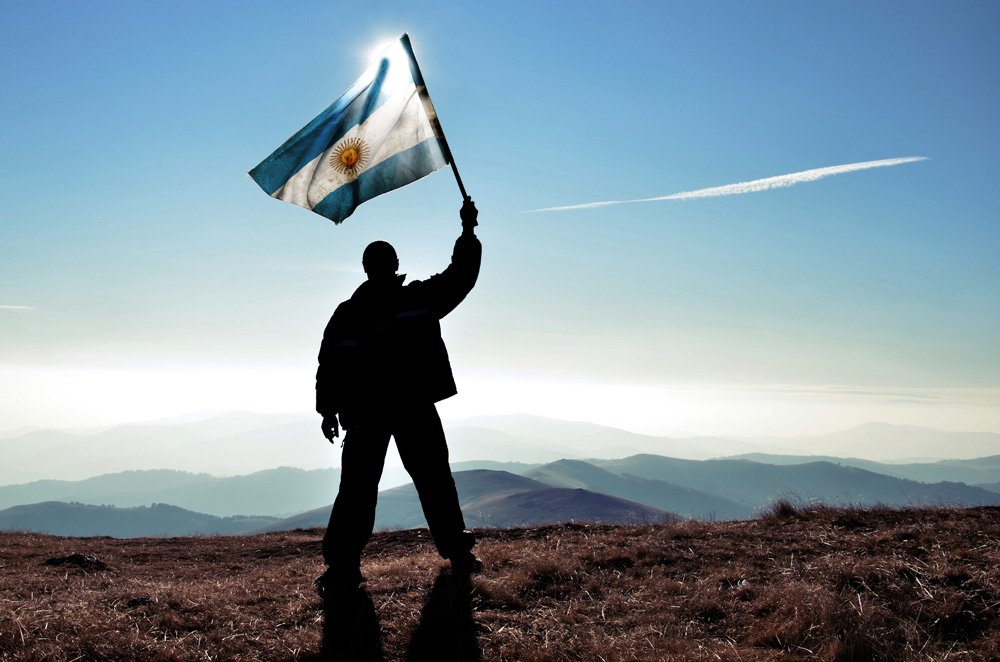
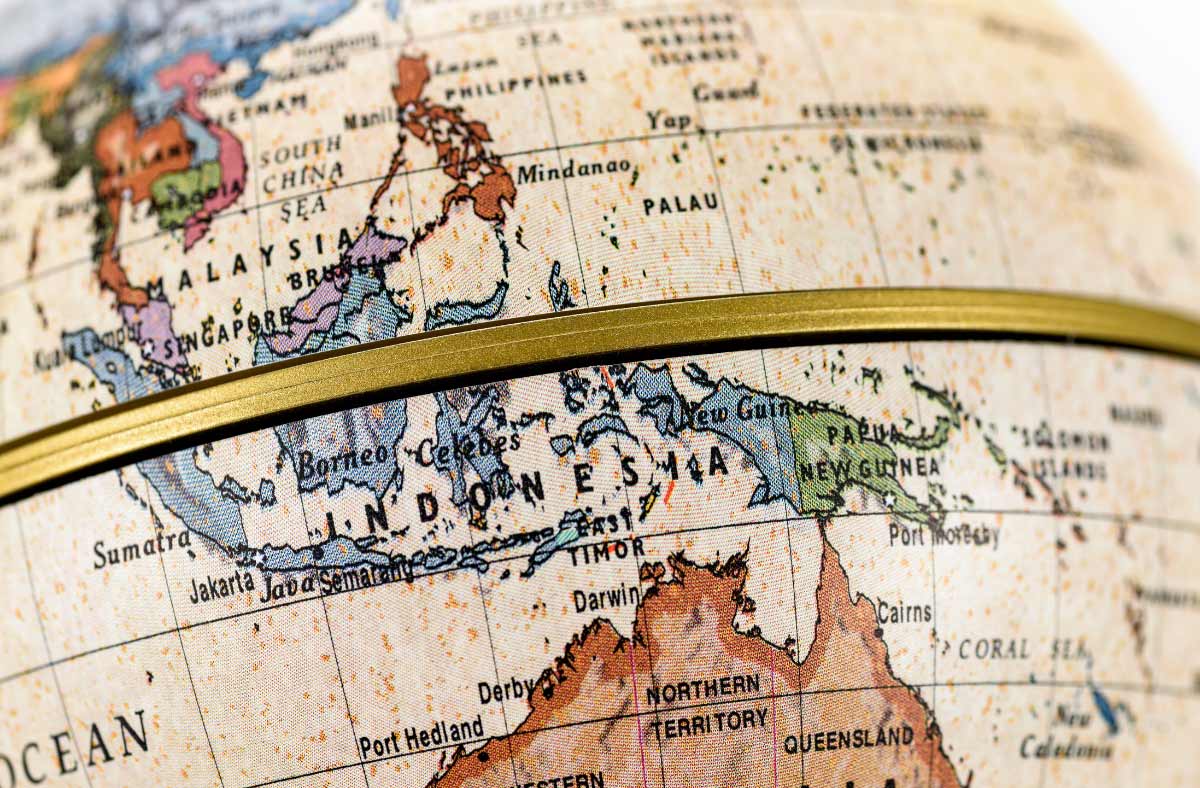
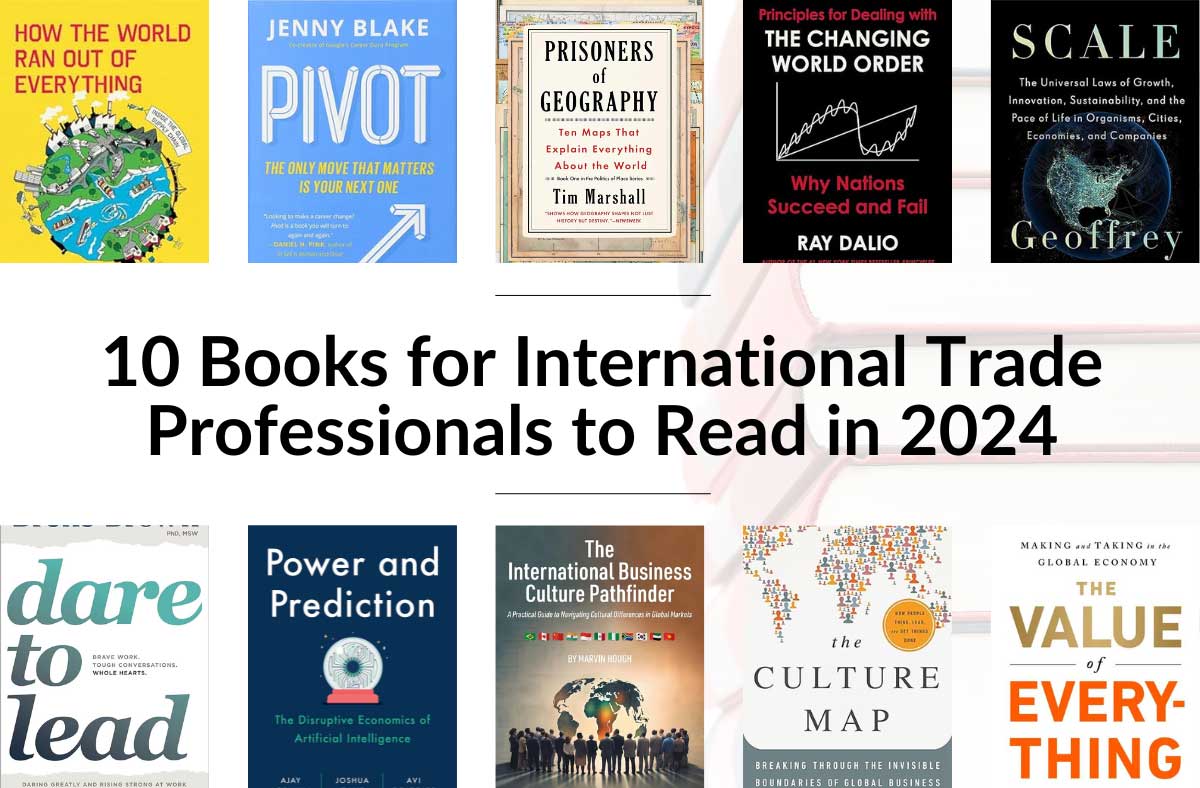

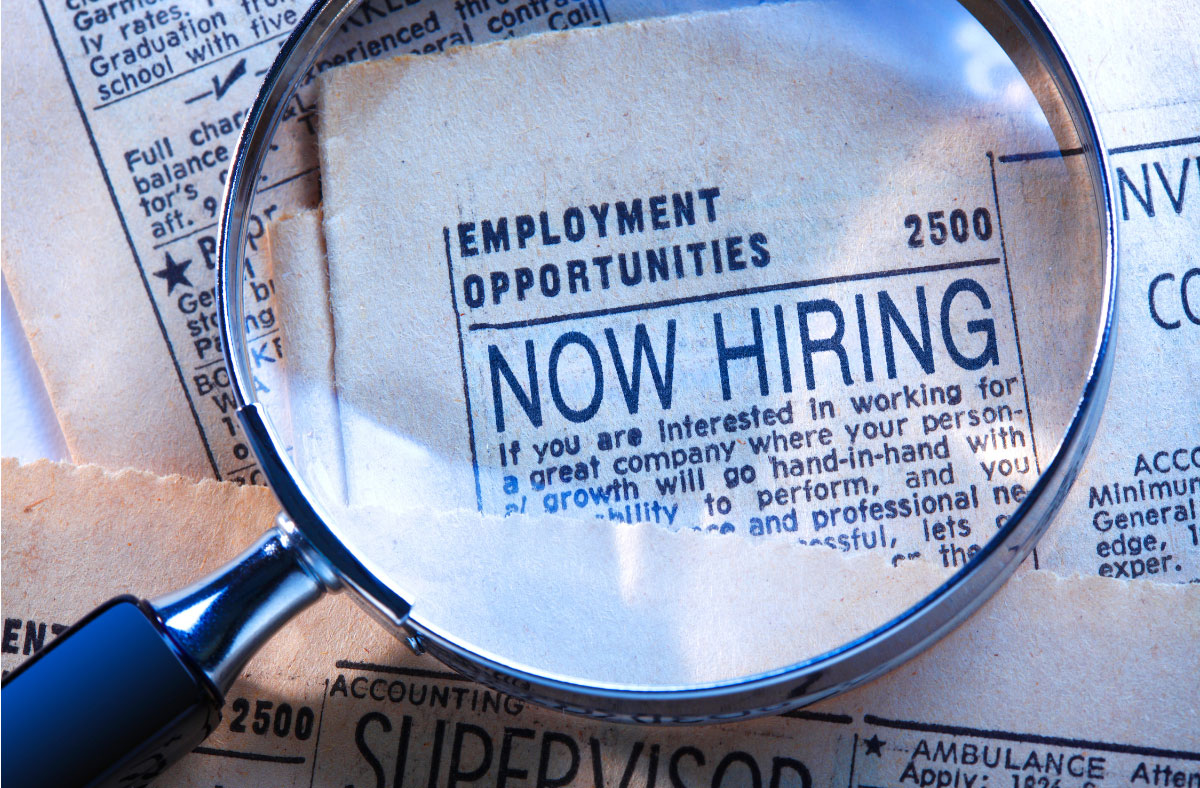
disqus comments